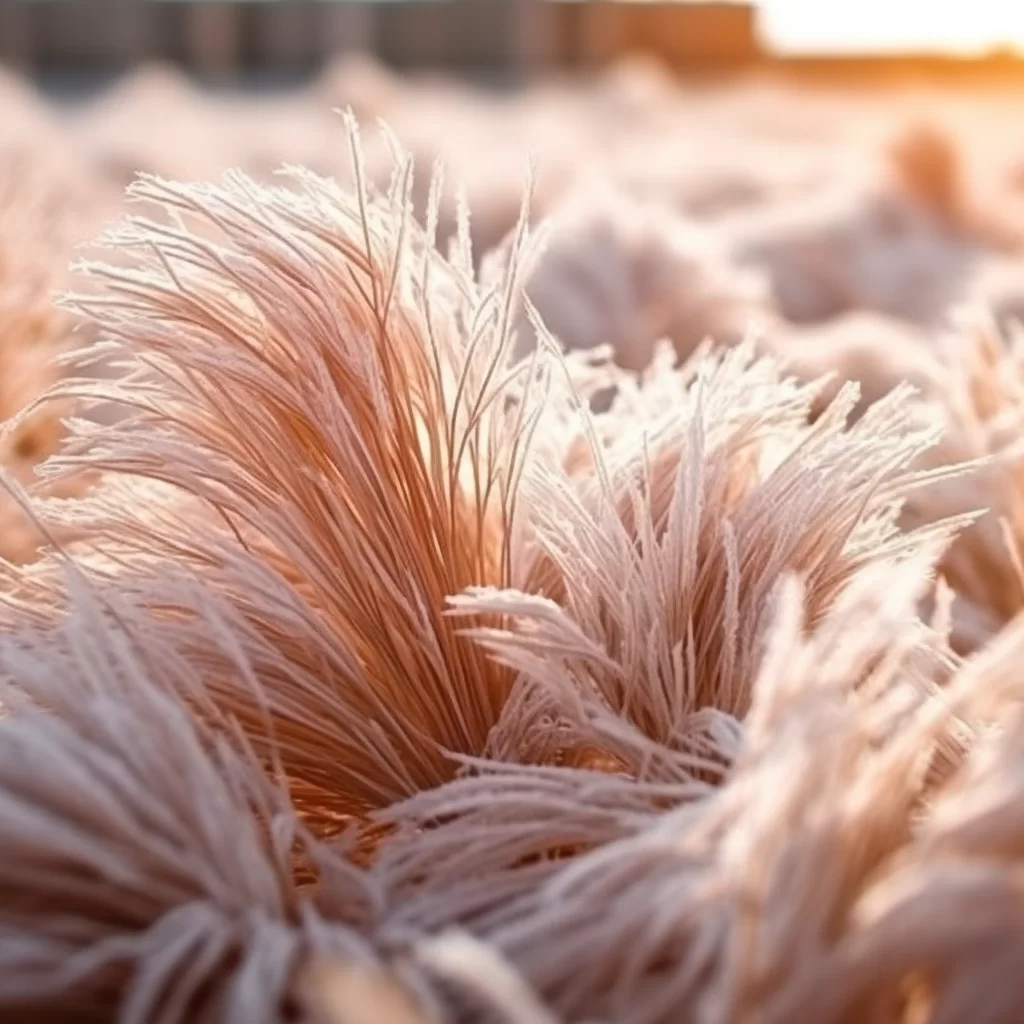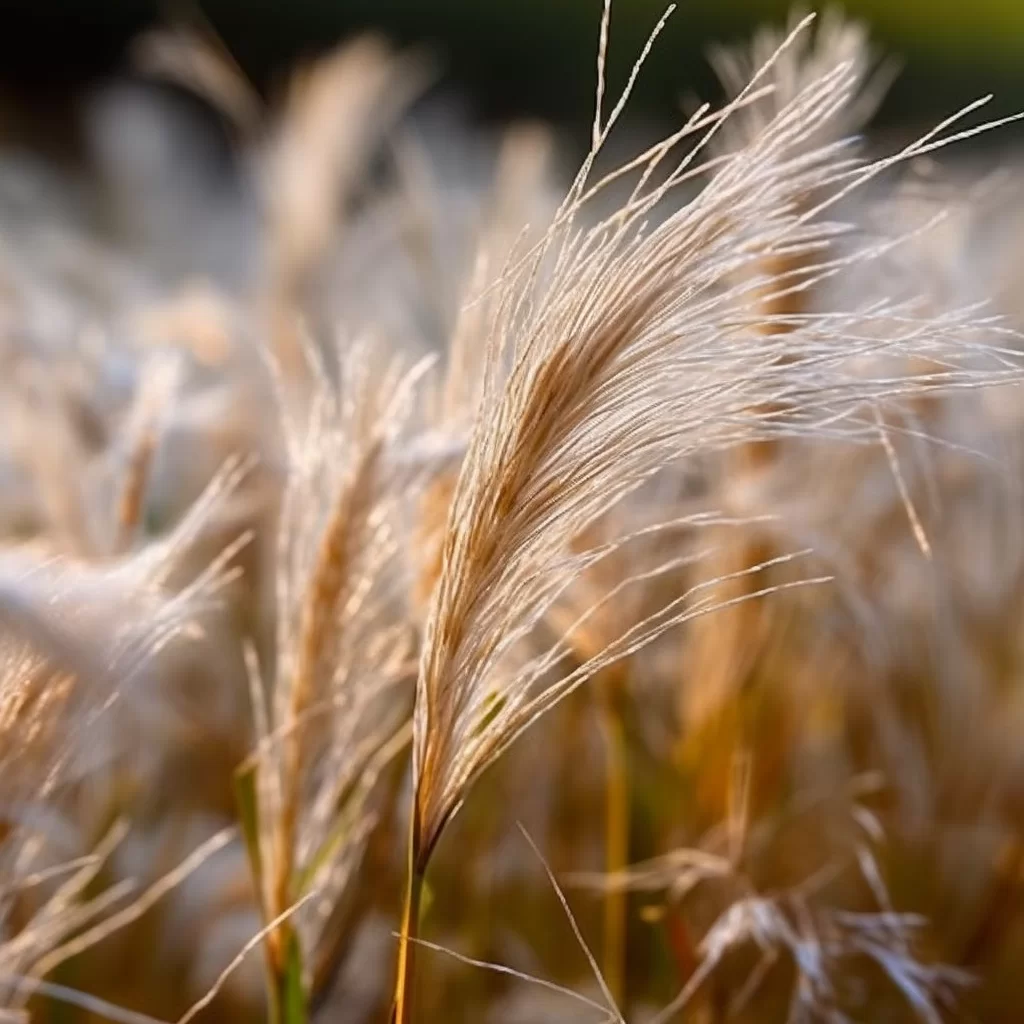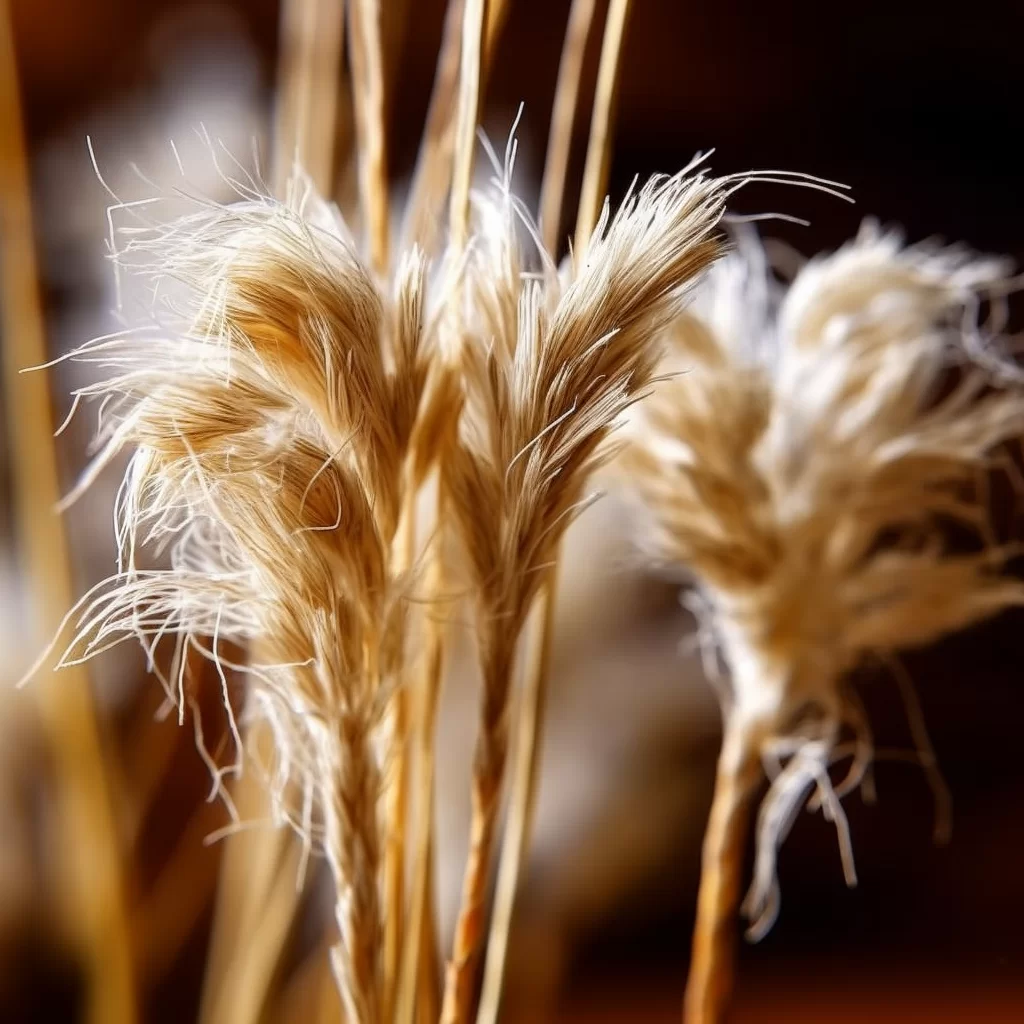Story of Day :
Contents
The Psyllium Husk Plant: Complete Guide and Care Tips
Have you ever heard of the psyllium husk plant? If not, you’re missing out on one of the most interesting and valuable plants for your garden.
This amazing plant has a wide range of health benefits, and it’s also incredibly easy to grow.
In this article, we’ll provide a complete guide to psyllium husk plants, including their uses, care tips, and more.
What is Psyllium Husk?
Psyllium husks are derived from the seeds of the plant called Plantago ovata.
The plant is native to India but can now be found in countries all over the world.
The husks are commonly used as a dietary supplement due to their high fiber content.
The Benefits of Psyllium Husk Plants

- Digestive Health: One of the primary benefits of psyllium husks is that they help with digestive health.
They can help alleviate symptoms like constipation and diarrhea by regulating bowel movements.
- Lowers Cholesterol: Studies have shown that consuming psyllium on a regular basis can help lower cholesterol levels in people with high cholesterol.
- Blood Sugar Control: Psyllium has been shown to help stabilize blood sugar levels in people with type 2 diabetes by slowing down carbohydrate absorption in the intestines.
Growing Psyllium Husk Plants
If you’re interested in growing your own psyllium husk plants at home, here’s what you need to know:
- Sowing Seeds: Sow seeds directly into the soil in early spring, once the risk of frost has passed.
Use a hoe to create shallow furrows in the soil, and then scatter the seeds over them.
Cover with a thin layer of soil.
- Soil Requirements: Psyllium husk plants grow best in well-draining soil that is rich in organic matter.
They prefer slightly acidic soils with a pH between 5.5 and 6.5.
- Sun Exposure: These plants thrive in full sun but can also tolerate partial shade.
- Watering: Water psyllium husk plants regularly, especially during dry periods to keep the soil moist but not waterlogged.

Caring for Your Psyllium Husk Plants
To ensure your psyllium husk plants grow strong and healthy, here are some care tips to follow:
- Fertilizer: Apply an all-purpose fertilizer every four weeks during the growing season to promote healthy growth and development.
- Pests and Diseases: Psyllium husk plants do not have many pest or disease problems.
However, they may be susceptible to root rot if they are overwatered or planted in poorly draining soils.
- Weeding: Keep weeds under control by pulling them out by hand or using a hoe to remove them from around your psyllium husk plants regularly.
The Harvesting Process

The time it takes for psyllium husks to mature can range from six weeks up until three months depending on environmental conditions like temperature & humidity levels as well as watering frequency & quality of nutrients present in the soil.
When the husks have matured, they will turn brown and start to split open.
Harvest them by cutting the plant off at the base and threshing it to separate the seeds from their outer shells.
Conclusion
In conclusion, psyllium husk plants are an excellent addition to any garden due to their wide range of health benefits and ease of growing.
By following our guide on growing and caring for these plants, you can have a steady supply of fresh psyllium husks for all your dietary needs.
If you’re looking for a healthy and simple addition to your garden that provides numerous benefits, consider planting some psyllium husk seeds today!